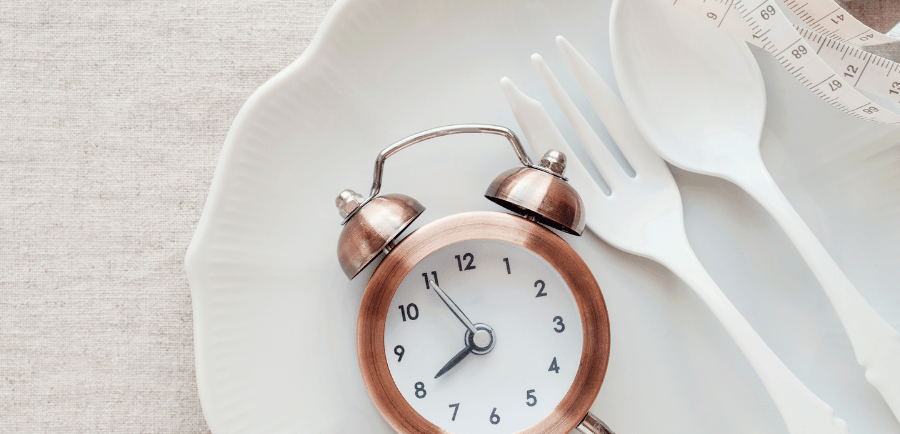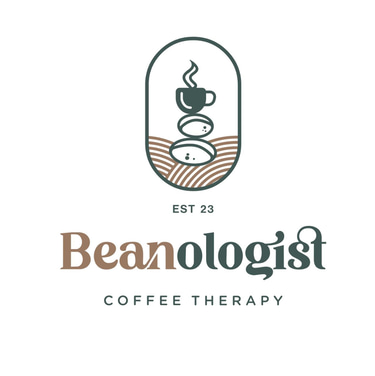Coffee and Intermittent Fasting: Do They Work Together?
Intermittent fasting (IF) has taken the health world by storm, and for good reason. From weight management to improved metabolic health, the benefits are compelling.
6/9/20253 min read


Intermittent fasting (IF) has taken the health world by storm, and for good reason. From weight management to improved metabolic health, the benefits are compelling. But if you're someone who can't imagine starting your day without a steaming cup of coffee, a crucial question arises: Does coffee break a fast? Let's dive in and explore the harmonious (or not-so-harmonious) relationship between your beloved brew and your fasting window.
The Lowdown on Intermittent Fasting
Before we tackle coffee, a quick refresher on IF. Intermittent fasting isn't a diet; it's an eating pattern that cycles between periods of eating and voluntary fasting. The most popular methods include:
16/8 Method: Fast for 16 hours, eat within an 8-hour window.
Eat-Stop-Eat: 24-hour fasts once or twice a week.
5:2 Diet: Eat normally for five days, restrict calories to 500-600 for two non-consecutive days.
The core principle behind IF's benefits lies in reducing insulin levels and promoting cellular repair processes like autophagy.
The Coffee Conundrum: Does it Break Your Fast?
This is the million-dollar question for many coffee lovers. The good news? Black coffee, in most cases, does NOT break your fast.
Here's why:
Minimal Calories: Black coffee contains a negligible amount of calories (around 2-5 calories per cup). The consensus among IF practitioners is that anything under 10 calories is unlikely to trigger an insulin response significant enough to disrupt your fasted state.
No Significant Macronutrients: Black coffee is virtually free of carbohydrates, proteins, and fats, which are the macronutrients that stimulate digestion and insulin release.
However, this is where the "black" part becomes crucial.
What Kinds of Coffee Will Break Your Fast?
If your coffee habit includes any of the following, you're likely waving goodbye to your fasted state:
Sugar: Even a tiny bit of sugar will spike your insulin and break your fast.
Milk (Dairy or Non-Dairy): All milks contain calories, carbohydrates (lactose in dairy, added sugars in some plant-based milks), and protein, all of which will elicit an insulin response. This includes almond milk, oat milk, soy milk, and regular cow's milk.
Creamers: These are often packed with sugar, unhealthy fats, and artificial ingredients that are definitely not fast-friendly.
Sweeteners (Artificial or Natural): While some artificial sweeteners might not have calories, they can still trigger an insulin response in some individuals by preparing the body for food, or by affecting gut bacteria which can indirectly influence metabolism. Natural sweeteners like honey or maple syrup are a definite no-go.
Bulletproof Coffee: While popular in the keto community, adding butter and MCT oil to your coffee introduces significant calories and fats, effectively breaking your fast.
The Benefits of Coffee During Your Fasting Window
Beyond simply not breaking your fast, black coffee can actually be a helpful tool during your fasting window:
Appetite Suppression: Coffee is known to be an appetite suppressant, which can be incredibly useful in curbing hunger pangs during your fasting period.
Increased Energy and Focus: The caffeine in coffee can provide a much-needed energy boost and enhance mental clarity, helping you stay productive during your fast.
Metabolic Boost: Some studies suggest that coffee can slightly increase your metabolic rate, potentially aiding in fat burning.
Antioxidants: Coffee is rich in antioxidants, which offer various health benefits.
Tips for Incorporating Coffee into Your IF Routine
If you're an avid coffee drinker and embarking on an intermittent fasting journey, here are some tips:
Stick to Black: This is the golden rule. No sugar, no milk, no creamers.
Hydrate with Water First: While coffee is fine, make sure you're still prioritizing plain water to stay adequately hydrated.
Listen to Your Body: Some people might find that coffee makes them feel jittery or nauseous on an empty stomach. If this happens, consider adjusting your coffee intake or consuming it closer to your eating window.
Be Mindful of Caffeine Intake: Even though it doesn't break a fast, excessive caffeine can lead to other issues like sleep disturbances or anxiety.
Decaf is an Option: If you're sensitive to caffeine but enjoy the ritual of a warm drink, decaf black coffee is a perfectly acceptable choice.
The Verdict: Coffee and IF Can Be a Perfect Match
For most individuals practicing intermittent fasting, black coffee is a compatible and even beneficial addition to their routine. It can help with hunger, boost energy, and contribute to your overall well-being during your fasting window. Just remember to keep it pure – no additions that could inadvertently sabotage your fasting efforts.
So, go ahead and enjoy your morning cup, knowing you're likely supporting your intermittent fasting goals, one delicious, black sip at a time!

